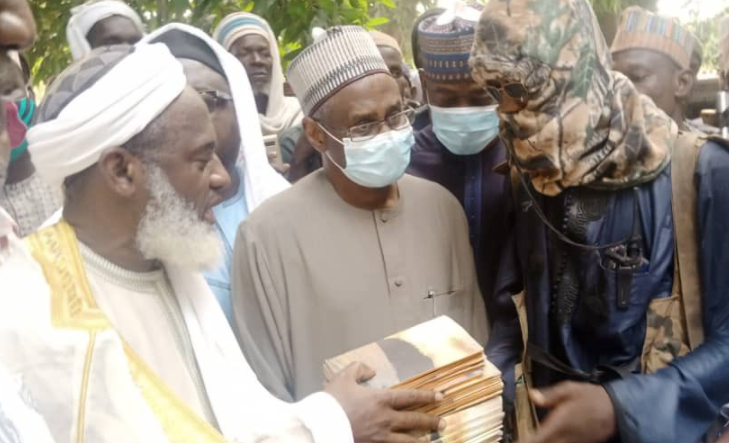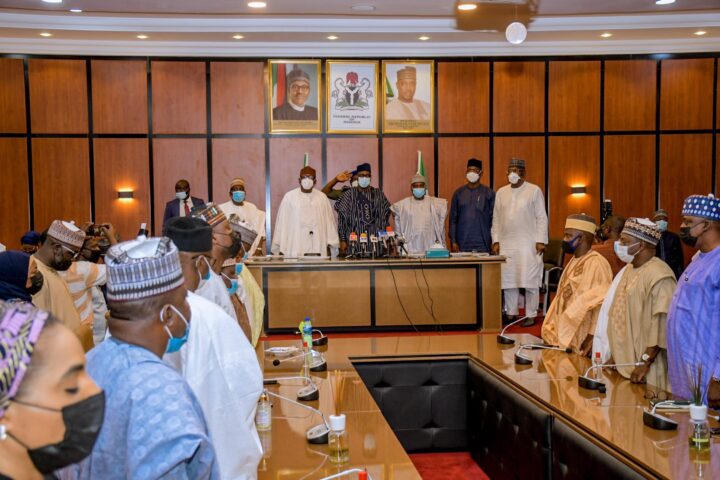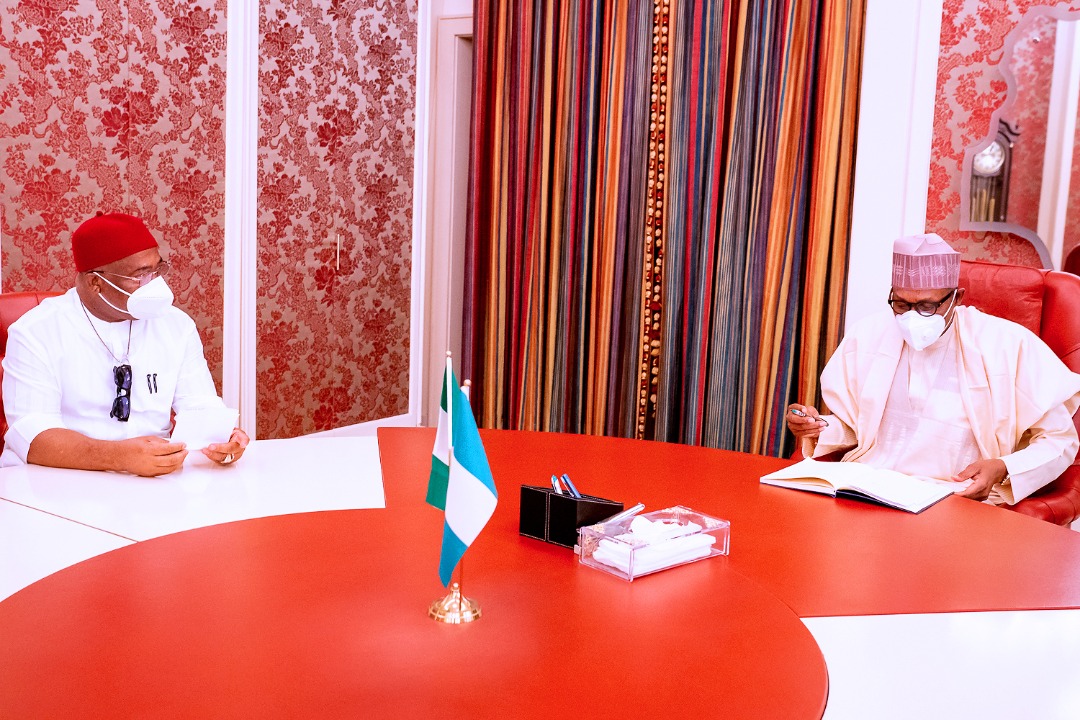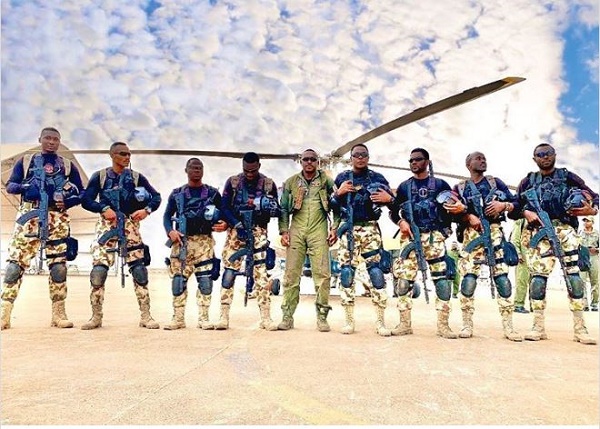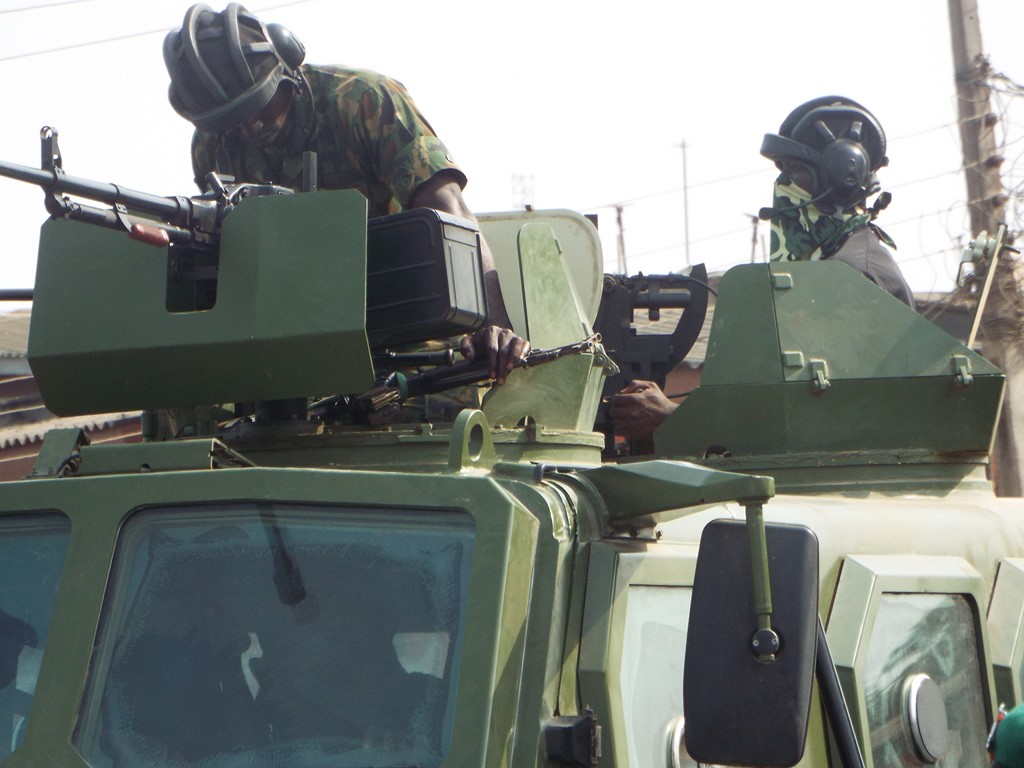Did the activities of militants in the Niger Delta qualify as crime? Hell Yes! Militancy and kidnapping were a profitable pursuit in that oil-rich region in the early 2000s. Kidnapping as an organised venture entered our national lexicon at the time. Immigrants from Europe and America working with oil companies were kidnapped and huge ransoms extracted from them. Soldiers and police officers were killed, and public infrastructure destroyed. This is a fact of history.
Really, there was a method to the madness of the Niger Delta militants. They were fighting for a just cause — a region so endowed; yet so impoverished. But the genuineness of their cause does not obviate the criminality of their exertions. Militancy is a crime against the state. Lives were lost; some families traumatised and scarred for life.
As the tension in the Niger Delta thawed owing to the political engineering of the Umar Musa Yar’Adua administration, copycat crimes inspired by militants sputtered in the south-east. The kidnapping establishment now had new shareholders. The south-east was in the thrall of kidnappers who killed their victims even after ransom was paid. Igbo-on-Igbo crime. Kidnapping became so pervasive in the south-east that some governors of the region resorted to demolishing property acquired by the hostage takers to deter other human hunters. Quasi-security groups were set up to deal with the challenge – which even persists to this day.
The criminal commerce was later trafficked to Lagos where a certain Evans Onuamadike and his gang reigned in the kidnapping industry like a potentate. Some of his victims were allegedly killed, and from his own confession, he extracted millions of naira from his victims and bought a mansion for himself at Magodo in Lagos.
Advertisement
ENTER BANDITS…
Nigeria is in the clutches of a more vicious stakeholder in the kidnapping enterprise. ‘’Bandits’’ as they have been tagged, do not only kidnap citizens, but also kill and maim some of them. They are more brutal in their execution – and without any regard for life. They have killed many Nigerians and sacked towns and villages. It is indubitable that ‘’bandits’’ are Nigeria’s most deadly adversary — after insurgents.
There is no method to the madness of bandits. There is no cause to justify the orgy of murders, rape and destruction.
Advertisement
However, Sheikh Ahmad Gumi in his proselytising for bandits has raised some prickly posers. He said bandits are waging an ethnic war against the state and that only by granting them amnesty can the titanic iceberg thaw. He said bandits believe their existence in Nigeria is threatened; so they fight. He said these people have endured the pillaging of their cattle and homes – with no protection from security agencies. I will not join the multitude to censure the Sheikh; I would rather plead we ponder on some of his revelations.
The Sheikh said: “People don’t know the Fulani at all. They are not after money. Even when they are burning houses in Oyo, don’t you see where they live? They stay in huts. They are not into buying flashy cars. They just like their cattle. The money they are collecting from kidnappings, they are buying weapons with them. The more you fight them, the more they fight back. They don’t surrender. They are saying if the air force continues to pester them, they will have to get anti-aircraft. Not all of them are criminals; the hard-line (position) taken against them turned them into the militants that they are.’’
Gumi made a salient point here if we care enough to shackle our emotions and interrogate the fact. Really, where does the money from kidnapping go to? These bandits do not buy cars or houses, instead they are acquiring ‘’armadas’’ – for what purpose? This validates the opinion that these bandits are waging an ethnic war. There is a backstory to every crisis. What we are witnessing could be beyond kidnapping and banditry. Kidnapping and banditry could just be the cash trove to finance this war.
It then makes sense that seeking an accord to end this crisis should not be banished out of the potpourri of remedies.
Advertisement
As a matter of fact, the nomadic Fulani has existed in the shadows – far removed from the presence of government. No protection or aid by the civil administration; so he becomes his own security. The present parlous state of affairs is as a result of successive years of failed leadership. The leadership has failed the Fulani; the leadership has failed the Igbo; the leadership has failed the Hausa; the leadership has failed the Yoruba; the leadership has failed all Nigerians.
We are all victims of the situation. The failure of leadership is the reason Nigerians take up arms against one another. The nomadic Fulani is a victim of failed leadership just like every one of us. We have to fix leadership.
THE POLITICS OF AMNESTY
Should it be unto bandits as it was unto Niger Delta militants? The ethnic cleavages have been revealed again in this crisis. The debate is now on ‘’my criminal is nicer than yours’’. While some Nigerians will not countenance any justification for banditry; yet they make strong arguments for Niger Delta militants who also kidnapped people, killed soldiers and extracted ransoms. ‘’My criminal is nicer than yours’’. We forget that at the end of the day, crime is crime whether by done by Ejiro, Kachalla or Chukwudi.
Advertisement
We cannot also rule out the possibility of some vultures seeking to use ‘’amnesty for bandits’’ as means to perpetuate their looting of the public till. So, if there must be amnesty for bandits, it should be at no financial cost to the government. However, the government should revisit the national livestock plan and work in consonance with state governors to see to its implementation. Already, the Nigeria Governors Forum has endorsed the plan. The government should not be seduced into doing a reprise of the ‘’amnesty package’’ of Niger Delta militants for bandits. Bandits should surrender their weapons unconditionally. In seeking peace, we must not create for ourselves future problems by rewarding crime.
I wish Nigeria peace.
Advertisement
By Fredrick Nwabufo; Nwabufo is a writer and journalist.
Twitter @FredrickNwabufo
Advertisement
Advertisement
Add a comment

